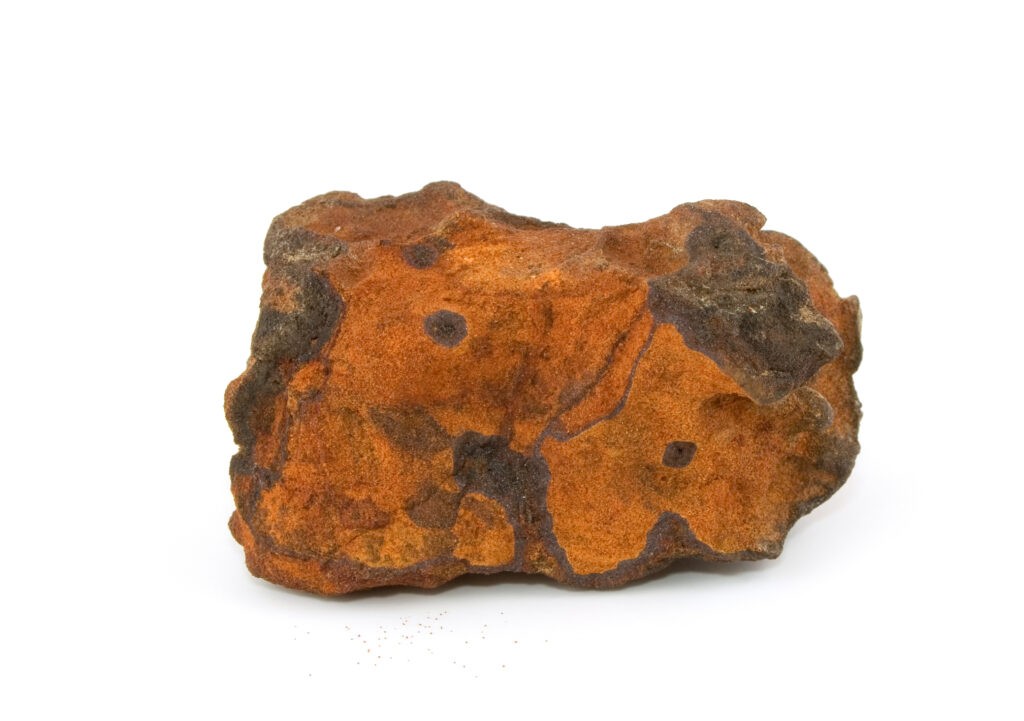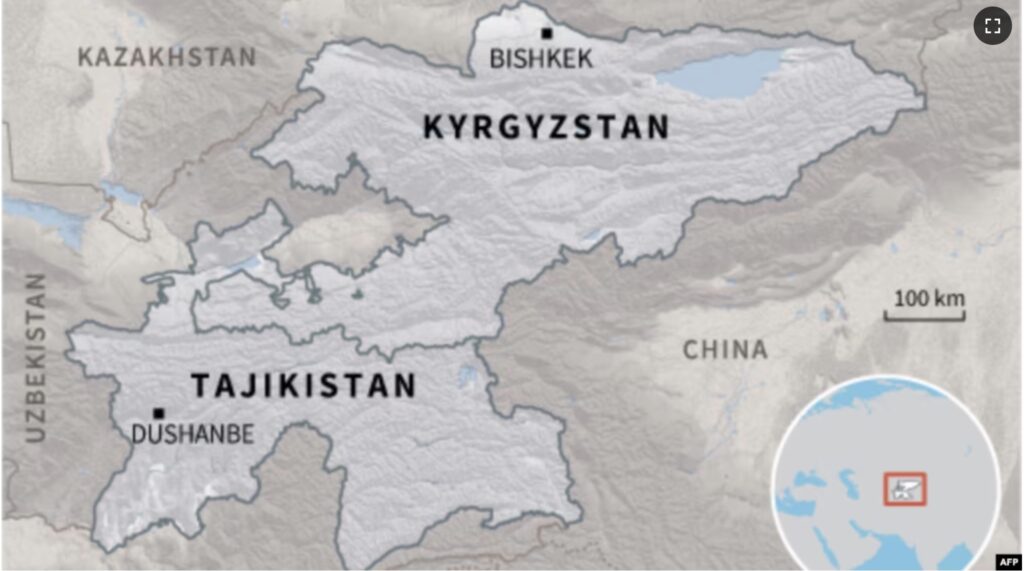Increased Cooperation Between Uzbekistan and Singapore
On January 15, an online meeting was held with the participation of the Minister of Agriculture of the Republic of Uzbekistan, Ibrahim Abdurahmanov; the governor of the Tashkent region, Zoir Mirzayev, and the representative of Wilmar International Company of Singapore, Charles Cheau. During the meeting, the parties discussed issues of expanding areas of cooperation between the two countries in the field of agriculture, including possibilities of further acceleration of previously implemented projects and cooperation agreements. While many achievements have been made in bilateral relations, it was noted that there remain opportunities for expanding practical cooperation. Uzbekistan's Minister of Agriculture noted that a donation system was established with Singapore several years ago in the field of agriculture, and that the focus of the current cooperation meeting was on active reforms to be implemented in the future, development of the value chain in agriculture, and the importance of the agro-food system. Wilmar Company was founded on April 1, 1991 in Singapore and is the leading agro-industrial corporation in Asia. The company has a high market capitalization on the Singapore Stock Exchange. From an operational perspective, the company has a strong position as an integrated agribusiness model covering the entire agricultural value chain. An agreement was signed as a result of the meeting by Uzbekistan's Ministry of Agriculture, the administration of its Tashkent region and the Wilmar International Company.
9 months ago





